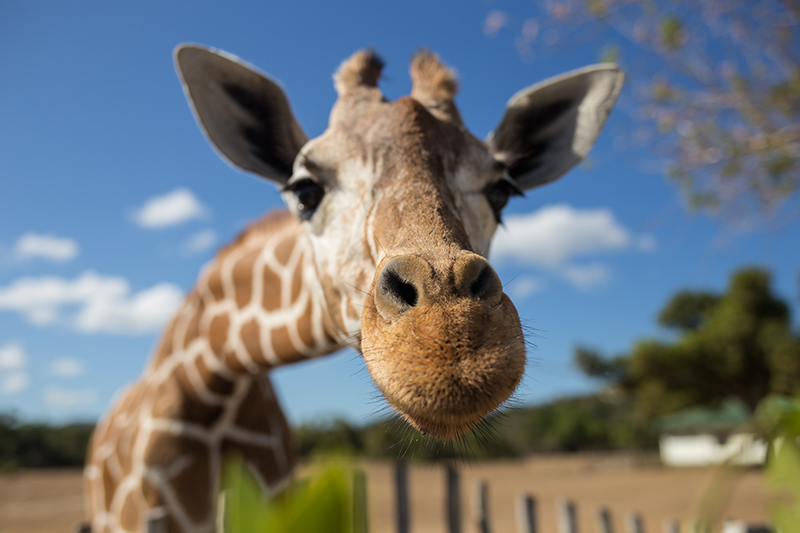Zoos have a variety of unique risks involved in their day-to-day operations. For example, zoos must manage risks associated with transportation and containment of animals, preventing the spread of zoonotic (animal to human) diseases, and managing the health and safety of staff, zoo visitors, and their animals.
And yet, despite the risks posed by exposing the public to exotic animals, most injuries reported at zoos are caused by ordinary accidents such as tripping or zoo vehicle accidents. A third of these injuries each year are attributed to zoo visitors, while the rest involve zoo staff and volunteers.
However, the damages incurred from high-profile incidents should not be overlooked either. Recent incidents involving the death and injury of zoo staff and members of the public illustrate
how a single incident can expose a zoo to costly litigation, damage its reputation, and cause lasting morale issues among the staff.
This blog post reviews several approaches to risk management at zoos, including general health and safety, transportation of animals, addressing special events, and active shooter incidents.
Health and safety
Disease prevention
The CDC reports that 60% of known diseases are transmitted from animals. Attractions like petting zoos and tide pools at aquariums are especially at risk of zoonotic disease transmission. A good risk management plan at zoos involves posting appropriate signage to remind visitors to wash their hands thoroughly and often. In addition, staff should follow a disinfection protocol that involves regularly removing animal waste and cleaning high traffic surfaces.
Zoos are also susceptible to the spread of Legionella (commonly referred to as Legionnaire’s disease), which is known to spread through water systems. Risk management teams need to identify potential sources of infection, such as tropical houses, humidifying systems, AC systems, and hot/cold water tanks. Water should be stored below 68 degrees Fahrenheit or above 140 degrees Fahrenheit to prevent Legionella.
Animal containment and enclosures
Staff must pay special heed to animal enclosures. In recent years, the trend has moved away from cages and pens to open habitat spaces that are more inclusive to the public. But zoo staff should ensure that enclosures are safe by routinely inspecting railings, doors, and ballistic windows for damage.
General safety
Zoo staff should be trained in CPR and first-aid and continuously train in the latest catastrophe response techniques. But on a basic level, risk management teams should take the time to ensure walkways are safe and accessible. In addition, zoo staff operating vehicles should be trained and licensed.
Learn more: Livestock Disease Prevention at Fairs
Other considerations for risk management in zoos
Animal Transportation
Zoo staff need to conduct risk assessments well before transporting animals in and out of zoos. The assessment should include the animal type and its size, route through the facility, and special equipment needed. Depending on the animal in question, zoo risk management teams may need to seek out specialist handlers or sedate the animal. In addition, before moving the animal, contingency plans need to be in place in case the animal escapes or there is another emergency that arises in the process of transportation.
Special Events
Many zoos host special events at their facilities to boost fundraising efforts. Zoo staff must ensure the guest safety and make sure that all vendors and caterers have proper insurance coverage.
Active Shooters
Active shooter situations can happen in any setting, but the FBI estimates 43.7% of these attacks occur in open locations like malls. Therefore, zoos need to incorporate active shooter response plans in their risk management strategies.
Also read: Best Practices for Incident Prevention in Amusement and Entertainment
Give your insurance broker a seat at the table
Tackling risk management at zoos is a complicated endeavor involving many factors. Because most zoos are nonprofit organizations, they operate with limited resources to commit to optimizing risk management. Therefore, it is imperative to give your insurance broker a say in risk management planning and assessments. An experienced broker will steer zoo staff and volunteers toward an achievable risk mitigation plan.
McGowan Allied Specialty Insurance has many years of serving the entertainment and amusement industry, including zoos, fairs, and carnivals. Get the advice you can trust from our experienced and professional brokers.
